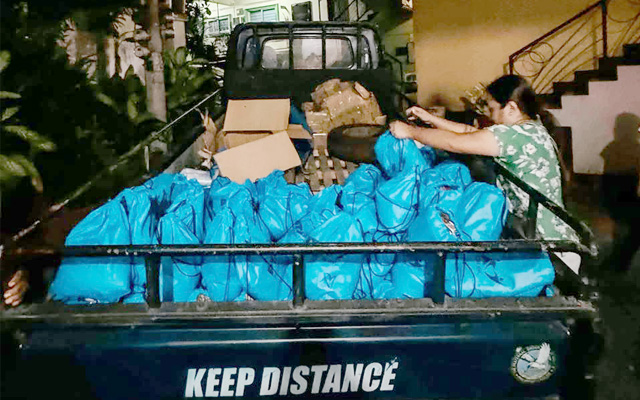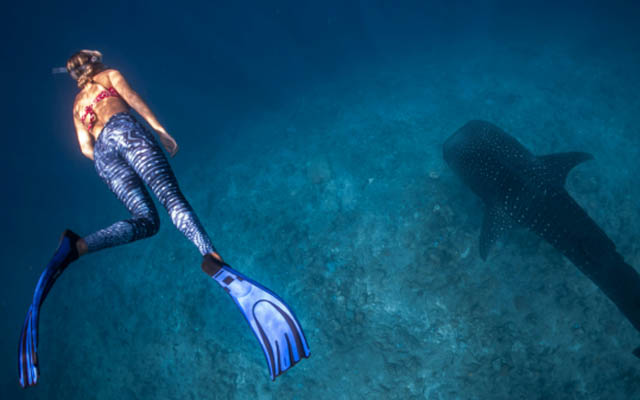The series of earthquakes in the Philippines over the past two weeks, with northern Cebu and Davao Oriental most affected, has drawn attention to the structural soundness of hotels and other tourism accommodation.
“From a natural disaster perspective, most hotels follow rather rigid structural engineering standards in the Philippines and this is a good thing,” said C9 Hotelworks managing director Bill Barnett.

“What can be done is reassuring potential visitors on this fact and also for the Department of Tourism to be more proactive and central government in a flow of information. Tourism is often the face of a nation but sadly the current administration is oblivious to this,” Barnett pointed out.
For its part, the Philippine Hotel Owners Association “complies with all provisions of the National Building Code of the Philippines and is committed to ensuring the safe and enjoyable stay of its hotel guests”, assured executive director Benito Bengzon Jr.
When a magnitude 7.5 earthquake struck Davao Oriental last Friday, hotels and resorts including Discovery Samal Resort, Rogen Inn Davao and Park Inn by Radisson Davao reported no structural damage after inspections by safety and engineering teams. There were no major injuries, and all guests and employees were safe and accounted for.
The same applied to Cebu, which experienced a magnitude 6.9 earthquake two weeks ago, followed by hundreds of aftershocks and a magnitude six tremor this morning (October 13).
The tourism impact of these seismic events, including recent quakes in Baguio, Isabela, Zambales and La Union, has been mitigated due to the current lean and rainy season and ongoing lower demand compared to last year.
Tourism secretary Christina Garcia Frasco reported that seven destinations and accommodation were affected by the Davao quake, but no tourists were impacted.
Until further notice, tourism activities are temporarily suspended in Mount Apo Climb, Davao Oriental Park, Aliwagwag Falls Eco Park, Mount Hamiguitan Museum, Cape San Agustin, Subungan Museum, Pusan Point and National Museum Davao.

















